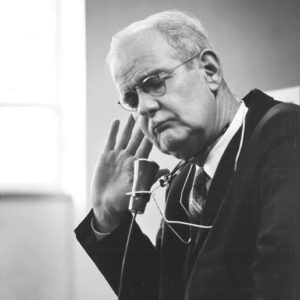 Henry Alexander
Henry Alexander
Gender: Male
 Henry Alexander
Henry Alexander
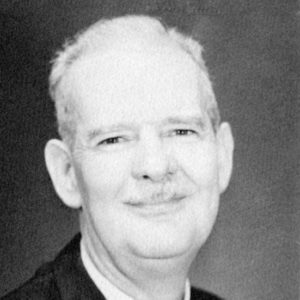 Henry Alexander
Henry Alexander
Alexander, Henry McMillan
Alexander, John Hanks
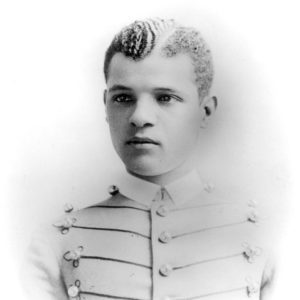 John Hanks Alexander
John Hanks Alexander
 Larry D. Alexander
Larry D. Alexander
Alexander, Larry Dell
Alexander, William Vollie (Bill), Jr.
 Alexander and Bethune
Alexander and Bethune
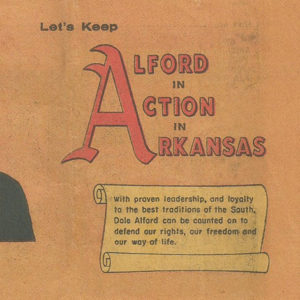 Alford Campaign Comic
Alford Campaign Comic
 Alford Support Letter
Alford Support Letter
Alford, Boyce
Alford, Thomas Dale
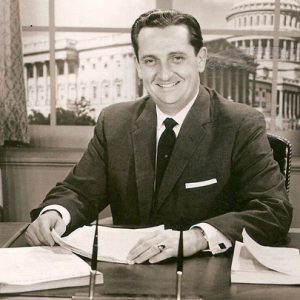 Thomas Alford
Thomas Alford
Allbright, Charles Wilson
Allen, Al
aka: Alvin Lee Allen Jr.
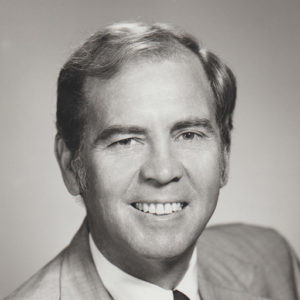 Ben Allen
Ben Allen
 Dick Allen
Dick Allen
 Dick Allen
Dick Allen
Allen, Dick
aka: Richard Anthony Allen
Allen, Henry (Lynching of)
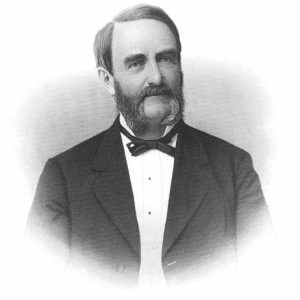 Thomas Allen
Thomas Allen
Alley, Gerald Byron
 Gerald Alley
Gerald Alley
 Alligator Snapping Turtle Held by Dr. Trauth
Alligator Snapping Turtle Held by Dr. Trauth
Allin, Richard
Allison, Luther
Allsopp, Fred
Allwhite, Louis (Lynching of)
Almand, John Parks
Alph (Lynching of)
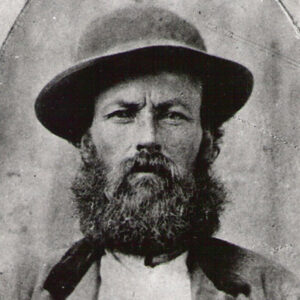 Shelton Alsup
Shelton Alsup
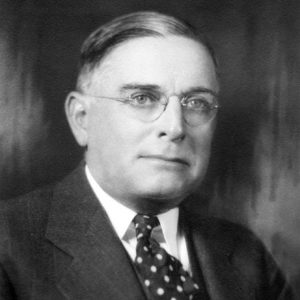 Ben Altheimer
Ben Altheimer
Altheimer, Benjamin Joseph, Sr.
Altheimer, Joshua
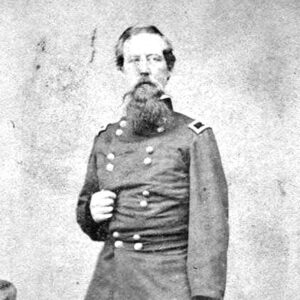 Alvin P. Hovey
Alvin P. Hovey
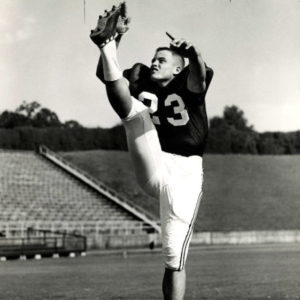 Lance Alworth
Lance Alworth
 Lance Alworth
Lance Alworth
Alworth, Lance Dwight “Bambi”
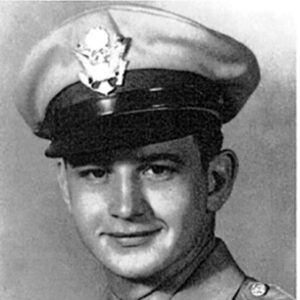 Ernest Ambort
Ernest Ambort
American Krusaders
Ames, Wyatt (Lynching of)
Amsler, Ernest Guy
Anderson, “Broncho Billy”
aka: Gilbert Maxwell Aronson
Anderson, Andrew Lee (Killing of)
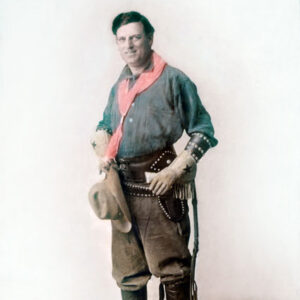 Broncho Billy Anderson
Broncho Billy Anderson
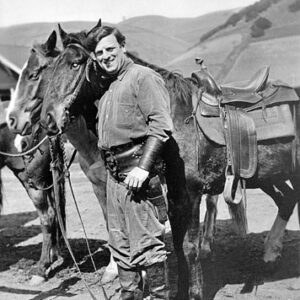 Broncho Billy Anderson
Broncho Billy Anderson
 Broncho Billy Anderson with Oscar
Broncho Billy Anderson with Oscar




